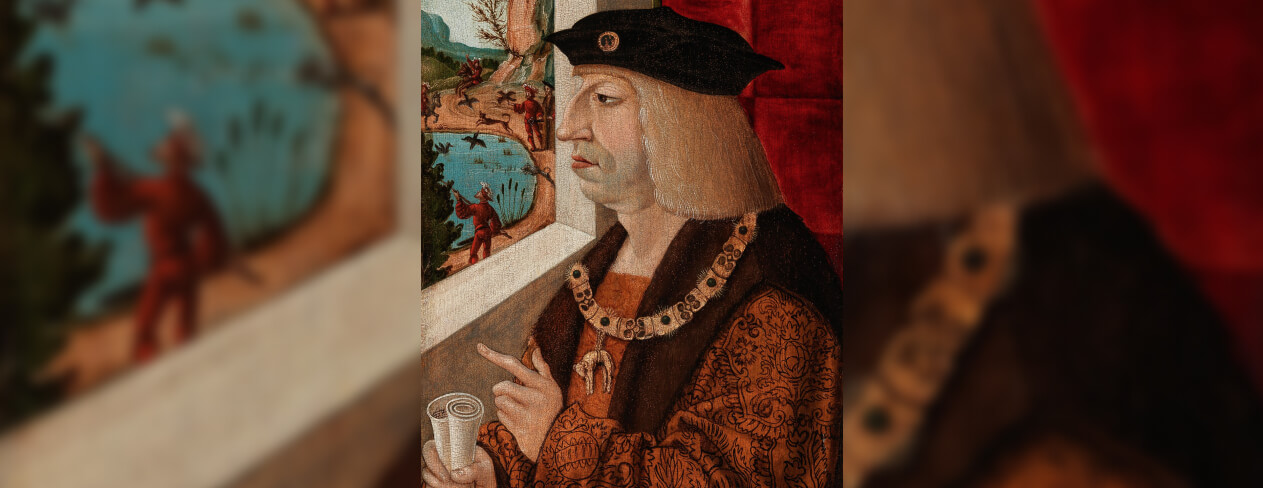
The 12th of January 1519 must have been a sad day for Margaret of Austria, whom I wrote about last time. On this day, her father, Emperor Maximilian I, passed away.
Maximilian was an ambivalent and controversial monarch, embodying the political, cultural, and mental transition from the Medieval Age to the Renaissance. His energy and enthusiasm for reforms and innovations in various fields, from politics to art and science, present him as an progressive ruler. On the other hand, the popular idealised image of him as ‘the last knight’ is shadowed by his military ruthlessness and Machiavellian pragmatism. These traits did not prevent him from also being a hectic dreamer and visionary, not to say a fantasist, as some of his ideas—such as becoming pope to unite his imperial authority with spiritual power—were clearly adventurous.
Maximilian initiated the consistent marriage politics of the Habsburgs that proved to be highly successful. The marriage network he established, involving his children and grandchildren, connected the family with Burgundy, Savoy, Spain, Tyrol, Hungary, Bohemia, and England, resulting in an unparalleled expansion of the dynasty’s dominion and influence. No wonder France, their archenemy, felt surrounded and threatened by the emperor and his allies. However, the famous saying Bella gerant alii, tu felix Austria nube (Let others wage war; you, happy Austria, marry) remains one of the most renowned trademarks of the Habsburgs.
Access to the Metatext via placing an order for an augmented product. See Terms of Use